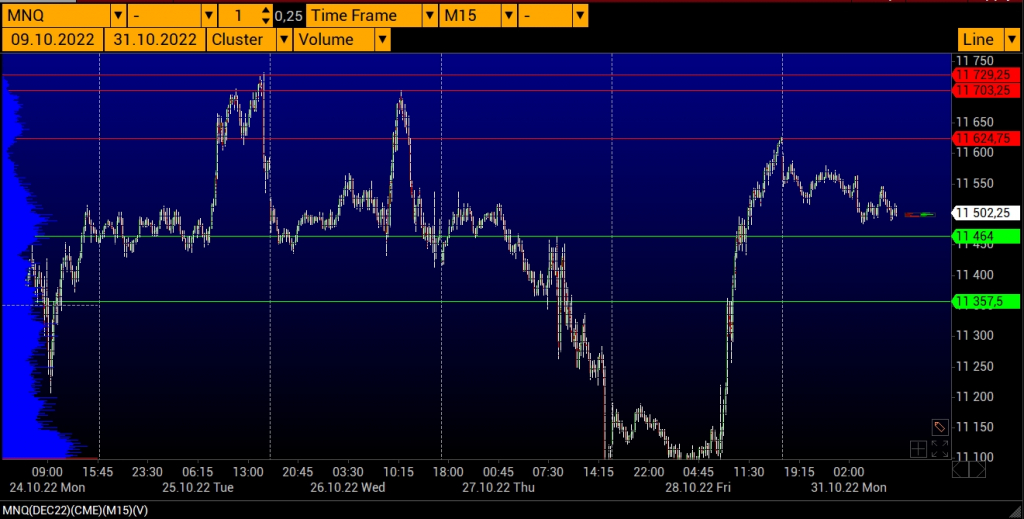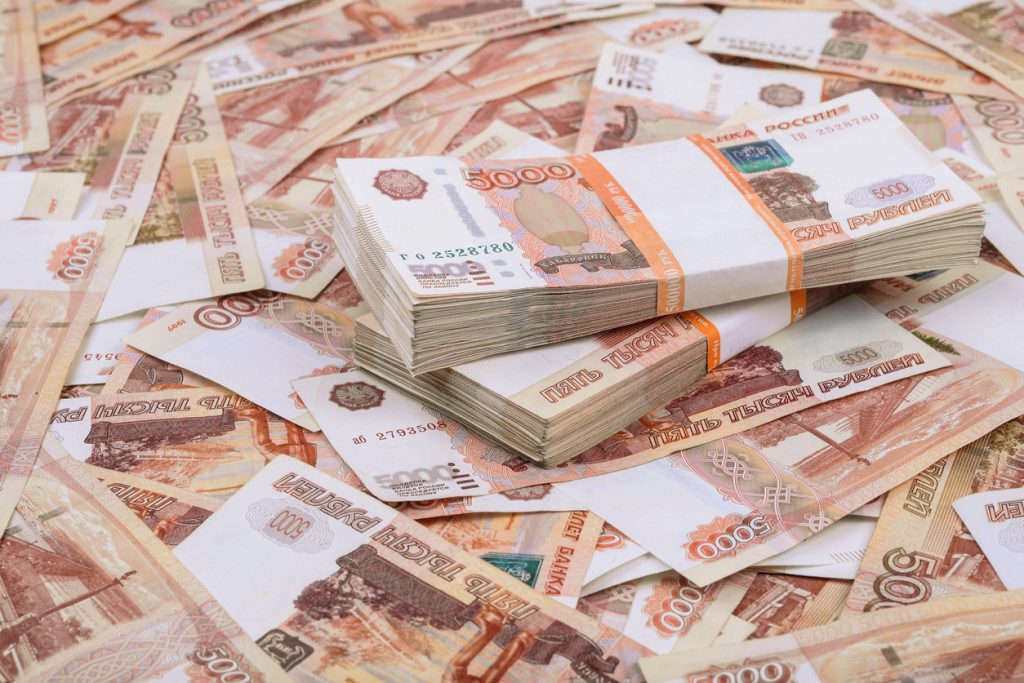A classic futures contract is a contract to sell an asset at a specific price with a deferred payment. With a futures contract, you fix the price at which you must buy or sell the asset after a period of time-for example, three months. During those three months, the value of the asset can rise or fall, but the futures contract requires you to make a trade at the fixed price as confirmed by experts at the https://telegram-store.com/catalog/product-category/channels/business.
A non-deliverable futures involves only a cash settlement between the seller and the buyer. The seller is not obligated to deliver the asset on the day the contract is executed, and the buyer is not obligated to purchase it. They are free to do so on any other day, but then they will not be able to accurately forecast their income and expenses. If they do as they intended, then the seller on that day will be able to get exactly the amount that is fixed in the futures contract, and the buyer will spend exactly that amount to buy the goods.
For example, the company “Sweet Beet” can sell its 1,000 tons of sugar on September 1, when it costs 8,000 rubles per ton.
“Sweet Beet” will receive 8 million rubles (1000 tons x 8000 rubles) from the sale of sugar on the commodity exchange and 2 million rubles – the payment on the futures from the factory “Bitter Chocolate.” The total is 10 million rubles.
“Sweet Beet” can put sugar on the exchange trading, for example, on September 5 or 15. And the market price on those days may be different. If it is higher than 8,000 rubles per ton, the company will win, but if it is lower, it will lose. Therefore, it makes sense for producers who need to accurately forecast their income to sell or buy assets exactly on the day the futures contract is executed.
How are futures contracts made?
Futures contracts are made exclusively on an exchange. The seller of a futures contract can put his own bid with the price and term and wait for a buyer who agrees to these terms. Or he can choose at once one of the bids of the buyers which suits him in the price and volume.
The buyers do the same – they agree to the terms already offered by the seller or offer their own parameters of the deal.
For example, two factories need sugar – “Bitter Chocolate” and “Dolce Vita”. “Bitter Chocolate” is ready to sign a futures contract to buy 1,000 tons of sugar in six months at a price of 10,000 rubles per ton. And Dolce Vita – at the price of 9,900 rubles. Both companies put their bids on the exchange.
The company “Sweet Beet” can offer its own terms – for example, 10 100 rubles per ton at the same volume at the same time. Or it may simply agree to Bitter Chocolate’s terms.
The exchange always has a list of bids from buyers and sellers, and these bids usually differ very little in price. Bidders see all the offers in their trading program.


